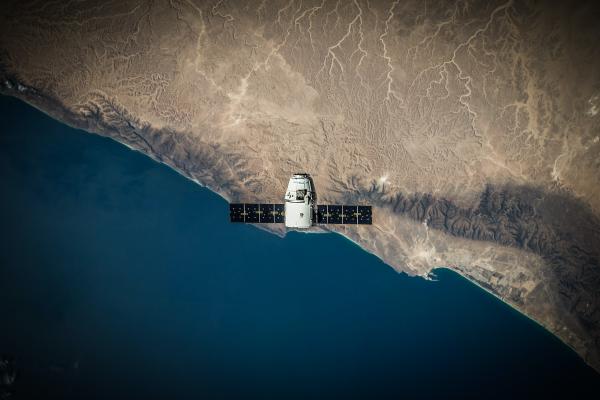
Space exploration has always fascinated humans. From the earliest days of astronomy to the recent SpaceX missions, we have been exploring the vast expanse of the universe. But is investing in space a wise financial decision? Let’s explore the potential benefits and drawbacks of investing in the final frontier.
The Potential Benefits of Investing in Space

- Technological Advancements: Investing in space has led to many technological advancements that have benefited numerous industries. The development of satellites, for example, has revolutionized communication, weather forecasting, and navigation.
- Resource Exploration: The exploration of space has the potential to uncover valuable resources such as rare metals that could be used in electronics.
- Space Tourism: With companies like SpaceX and Virgin Galactic offering commercial space flights, space tourism is becoming an increasingly viable industry. Investing in this sector could lead to significant financial gains in the future.
The Potential Drawbacks of Investing in Space
- High Costs: Space exploration is an expensive endeavor. The cost of launching a rocket into space can run into the billions of dollars, and there is no guarantee of a return on investment.
- Long-Term Investment: Investing in space requires a long-term outlook. It may take decades before any significant returns are realized, and there are no guarantees of success.
- Regulatory Issues: The space industry is heavily regulated by governments, and acquiring the necessary licenses and permits can be a lengthy and costly process.
Investing in space is a high-risk, high-reward proposition. While the potential benefits are significant, they come with substantial costs and significant uncertainty. Space exploration has always been a symbol of human ambition and ingenuity, but it remains to be seen whether it will prove to be a wise financial decision. As with any investment, careful consideration must be given to the potential risks and rewards before making a decision.







